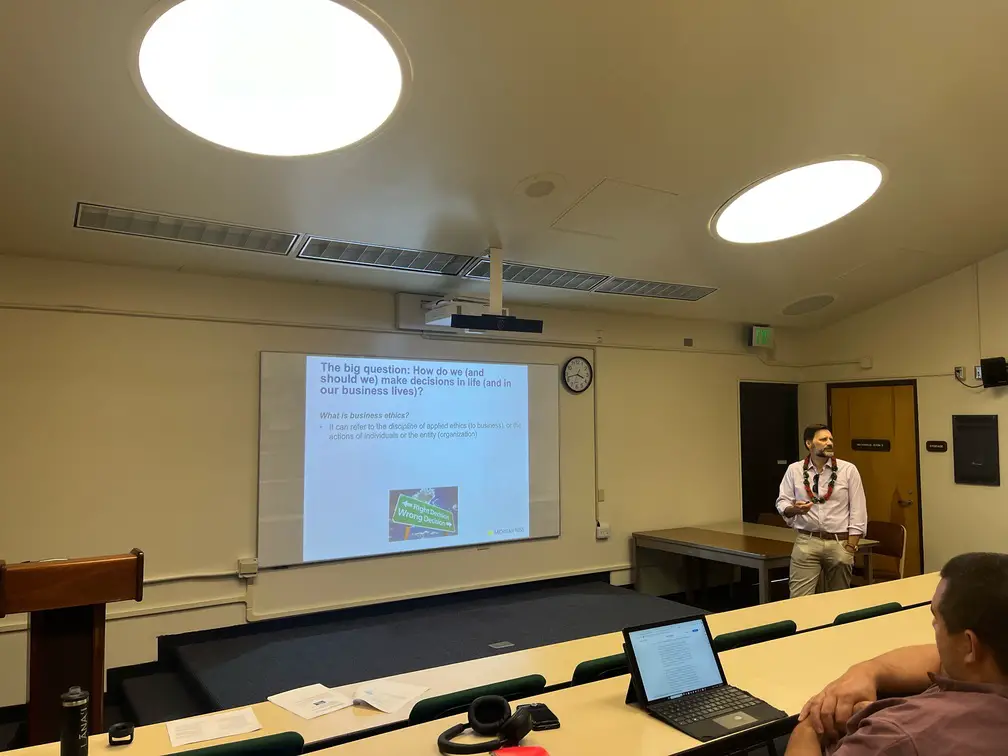Asian Development Bank Headquarters
A well-functioning insolvency system is essential for the competitiveness and growth of an economy. Yet, many countries in Asia and the Pacific still have inefficient insolvency frameworks. The lack of an attractive legal, market and institutional environment to deal with financial distress may hamper entrepreneurship, access to finance and economic growth. Additionally, a weak insolvency framework may increase the level of non-performing loans in the banking sector. If so, it can end up jeopardizing the stability of the financial system and even lead to sovereign debt issues. To address those problems while facilitating economic recovery in the post-pandemic world, this event will seek to analyze how countries in Asia and the Pacific can strengthen their insolvency and restructuring frameworks. To this end, the event will discuss modern trends and developments in corporate restructuring and insolvency and how an insolvency system should be designed or improved taking into account the legal, market and institutional features existing in a particular jurisdiction.
Topics discussed in the event included: (i) strategies to effectively promote workouts; (ii) design of hybrid procedures and formal insolvency proceedings; (iii) adoption of simplified insolvency frameworks for micro and small enterprises; (iv) implementation of rescue financing provisions; (v) directors’ duties and liability in the zone of insolvency; (vi) governance models of insolvency and restructuring proceedings; (vii) regulatory framework of insolvency practitioners; (viii) treatment of contracts in insolvency and restructuring proceedings; (ix) valuation of assets and ranking of claims in insolvency proceedings; (x) treatment of corporate groups in insolvency; (xi) personal insolvency; and (xii) cross-border insolvency. Additionally, all the panels will be encouraged to discuss market and institutional challenges and reforms that can make an insolvency regime more effective. While the event will provide lessons for the improvement of insolvency regimes in Asia Pacific, it will pay special attention to emerging economies in Asia and the Pacific currently considering the possibility of strengthening their insolvency frameworks.
Organizers: Asian Development Bank,Singapore Management University, Singapore Global Restructuring Initiative, University of Chicago Law School’s Center on Law and Finance, University of Cambridge’s Centre for Corporate and Commercial Law, INSOL International.
Prof. Charles Booth of the William S. Richardson School of Law discussed Avoidance Actions and Insolvency Frameworks for Individuals and Micro and Small Enterprises
Panel 7. Avoidance actions
Most insolvency jurisdictions include provisions that facilitate the avoidance of certain transactions entered into by a debtor prior to the commencement of an insolvency proceeding. These transactions seek to prevent or otherwise reverse transactions that can be detrimental for the creditors. Despite the benefits eventually created by these mechanisms, the use –and even existence– of avoidance actions is not costless. On the one hand, the initiation of these actions may generate litigation costs. On the other hand, the existence of avoidance provisions may harm predictability and legal certainty, especially in jurisdictions where it is relatively easy to avoid a transaction, usually because bad faith is not required, the lookback period for the avoidance of transactions is too long, or no financial conditions are required to avoid a transaction. This panel will discuss how countries should design avoidance provisions taking into account the conflicting policy goals often existing in the design of avoidance actions as well as the particular features of a country.
Relevant readings:
- UNCITRAL (2004), Legislative Guide on Insolvency Law. New York.
- Jay Westbrook, Charles D. Booth, Christoph Paulus & Harry Rajak (2010), A Global View of Business Insolvency Systems (World Bank & Kluwer/Martinius), pp. 105-116.
- Rolef de Weijs (2011), Towards an Objective European Rule on Transaction Avoidance in Insolvencies, International Insolvency Review.
- Brook Gotberg (2014). Conflicting Preferences: Avoidance Proceedings in Bankruptcy Liquidation and Reorganization, 100 Iowa Law Review 51.
- Gerard McCormack, Andrew Keay, Sarah Brown and Judith Dahlgreen (2016), Study on a new approach to business failure and insolvency: Comparative legal analysis of the Member States’ relevant provisions and practices, pp. 137-183.
- Aurelio Gurrea-Martinez (2018), The Avoidance of Pre-bankruptcy Transactions: An Economic and Comparative Approach, 93 (3) Chicago Kent Law Review 711.
- Kristin van Zwieten (2018), Related Party Transactions in Insolvency, European Corporate Governance Institute (ECGI) – Law Working Paper No. 401/2018.
- Oriana Casasola (2020), The Harmonisation of Transaction Avoidance: A Compromise Solution, Norton Journal of Bankruptcy Law.
Panel 8. Insolvency frameworks for individuals and micro and small enterprises
Micro and small enterprises (MSEs) represent the vast majority of businesses in most countries around the world. Despite the economic relevance of small businesses, most insolvency jurisdictions in Asia – and elsewhere– do not provide suitable insolvency frameworks for MSEs. This panel analyses how countries can adopt more attractive insolvency frameworks for small businesses. To that end, it will take into account the approaches that have been adopted by various jurisdictions, as well as the policy recommendations suggested by organisations such as the World Bank, UNCITRAL, and the International Insolvency Institute/Asian Business Law Institute. Moreover, it will discuss how these approaches and policy recommendations should be adjusted to different market and institutional environments. Lastly, this panel will discuss whether and, if so, under which conditions, countries should provide a discharge of debt for consumers and individual entrepreneurs.
Relevant readings:
- World Bank (2021), Principles for Effective Insolvency and Creditor/Debtor Regimes. Washington, D.C.
- Aurelio Gurrea-Martinez (2022), Guide on the Treatment of Insolvent Micro and Small Enterprises in Asia, Asian Business Law Institute and International Insolvency Institute. Singapore.
- Federico J. Díez, Romain Duval, Jiayue Fan, José Garrido, Sebnem Kalemli-Özcan, Chiara Maggi, Soledad Martinez-Peria, and Nicola Pierri (2021), Insolvency Prospects Among Small and Medium Enterprises in Advanced Economies: Assessment and Policy Options. IMF Staff Discussion Notes 2021/002.
- Jason Harris and Christopher Symes (2021), The chimera of restructuring reform: An opportunity missed for MSMEs in pt 5.3B, U. of Adelaide Law Research Paper No. 2021-48.
- Jason J. Kilborn (2021), Tightening Up Loose Credit and Loosening Up Tight Bankruptcy in Singapore: An Asian Paradigm For Personal Debt and Insolvency Reform.
- World Bank (2014), Report on the Treatment of the Insolvency of Natural Persons. Washington, D.C.
- Jose Garrido, Sanaa Nadeem, Nagwa Riad, Chanda DeLong, Nadia Rendak, and Anjum Rosha (2020), Tackling Private Over-Indebtedness in Asia: Economic and Legal Aspects. IMF Working Paper. Washington, D.C.
- Kenneth Ayotte (2007), Bankruptcy and Entrepreneurship: The Value of a Fresh Start, 23 (1) The Journal of Law, Economics, and Organization 161.
- John Armour and Douglas Cumming (2008), Bankruptcy Law and Entrepreneurship, 10 (2) American Law and Economics Review 303.
The full program for the conference can be found here:
Insolvency-Conference


